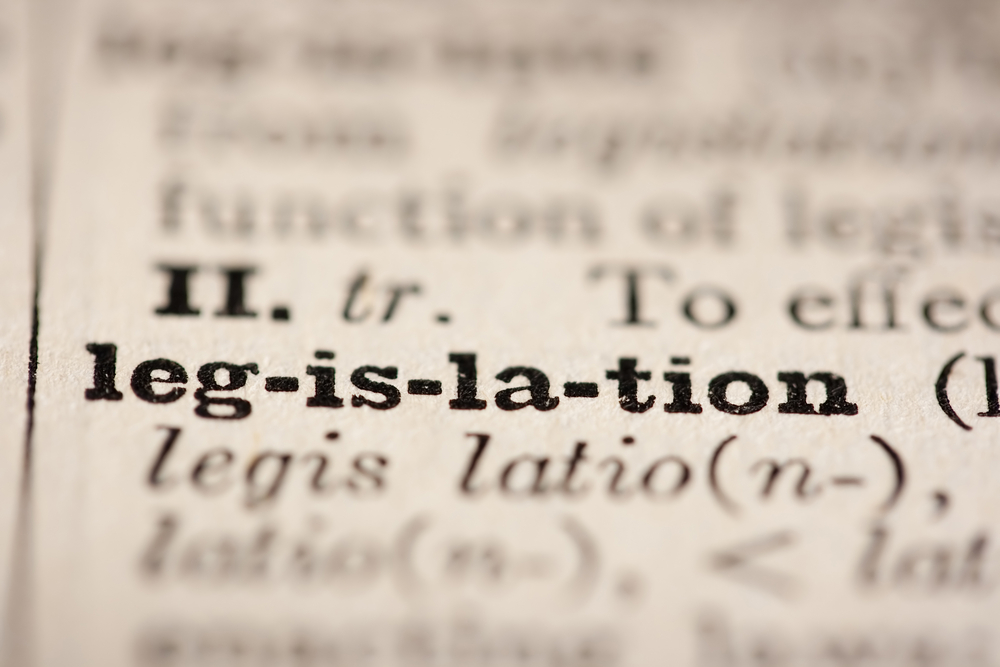501(c)(3)s are limited in their ability to lobby. Federal tax law restricts a 501(c)(3)’s lobbying activities under either the substantial part test or expenditure test. Plainly, the substantial part test states that no substantial part of the 501(c)(3)’s activities may be lobbying activities. The expenditure test states that the 501(c)(3)’s lobbying expenditures cannot exceed a certain amount. By default, each 501(c)(3) is subject to the substantial part test. However, most 501(c)(3)s can choose to operate under the expenditure test, often referred to as making the 501(h) election.
Why Make the 501(h) Election?
The 501(h) election is common among those eligible to make it. This is because, in part, the rule is clear and formulaic. Conversely, the substantial part test is vague and pliable. The substantial part test allows a 501(c)(3) to lobby up to the amount such lobbying becomes a substantial part of the organization’s activities. The point at which lobbying becomes “substantial” is hard to define and unique to each organization. Further, there is no clear guidance as to what constitutes “substantial”. Accordingly, it is often difficult to pinpoint the exact amount of lobbying any specific 501(c)(3) can engage in under the substantial part test.
Engaging in too much lobbying risks exposing the 501(c)(3) to excise taxes and can jeopardize the organization’s tax-exempt status. Most 501(c)(3)s do not want to risk these penalties, so they make the 501(h) election.
How Much Lobbying is Permitted by the 501(h) Election?
The amount each 501(c)(3) can spend on lobbing is determined by organization’s size. Specifically, the amount the 501(c)(3) is permitted to spend on lobbying activities is proportional to the amount the organization expends on activities furthering its tax-exempt purposes.
Lobbying is categorized as either direct lobbying or grass roots lobbying. Direct lobbying is communicating with a legislator, an employee of a legislative body, or any other government employee who may participate in formulating legislation. Such communication must refer to a specific legislative proposal and reflect a view on that proposal to be considered direct lobbying. Grassroots lobbying is communication with one or more members of the general public that refers to a specific legislative proposal, reflects a view on that proposal, and includes a “call to action”, directly or indirectly encouraging the recipient of the communication to engage in direct lobbying.
The IRS has published the following table to easily identify the amount of permitted direct lobbying based on the 501(c)(3)’s expenditures furthering its exempt purposes:
| Exempt Purpose Expenditures | Permitted Direct Lobbying Amount |
| ≤ $500,000 | 20% of the exempt purpose expenditures |
| > $500,000 but ≤ $1,000,000 | $100,000 + 15% of the excess of exempt purpose expenditures over $500,000 |
| > $1,000,000 but ≤ $1,500,000 | $175,000 + 10% of the excess of exempt purpose expenditures over $1,000,000 |
| > $1,500,000 but ≤ $17,000,000 | $225,000 + 5% of the exempt purpose expenditures over $1,500,000 |
| > $17,000,000 | $1,000,000 |
The permitted amount of grass roots lobbying expenditures a 501(c)(3) can make is equal to 25% of its permitted direct lobbying amount (as determined by the table above). Accordingly, 501(c)(3)s can engage in much more direct lobbying than grass roots lobbying.
How Do I Make the 501(h) Election?
Eligible organizations can make the 501(h) election by mailing Form 5768 to the IRS. The short, half-page document invites the 501(c)(3) to state its name, EIN, address, and the date in which the election will apply. Once a 501(c)(3) makes a 501(h) election it is effective until revoked. The organization may revoke its 501(h) election by submitting another Form 5768 to the IRS.
Which Organizations are Eligible to Make the 501(h) Election?
Most public charities are eligible to make the 501(h) election. Private foundations and churches (including an integrated auxiliary of a church, association of churches, and other organizations relating to churches) are disqualified from making the 501(h) election. All other 501(c)(3)s are eligible, including:
- educational institutions,
- hospitals and medical research organizations,
- organizations supporting government schools,
- organizations publicly supported by charitable contributions,
- agricultural research organizations,
- organizations publicly supported by admissions, sales, etc., and
- supporting organizations.
Kyler Mejia is an attorney (bar admission pending) with Caritas Law Group, P.C. Kyler counsels nonprofit and socially responsible businesses on corporate, trademark, tax, and fundraising matters nationwide and advises donors concerning major gifts. To schedule a consultation, call 602-456-0071 or email us through our contact form.

